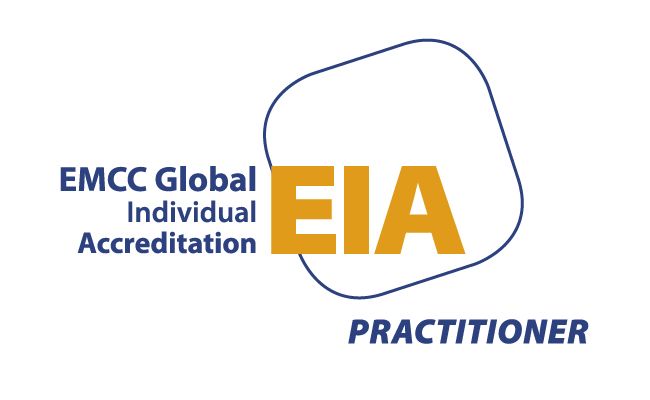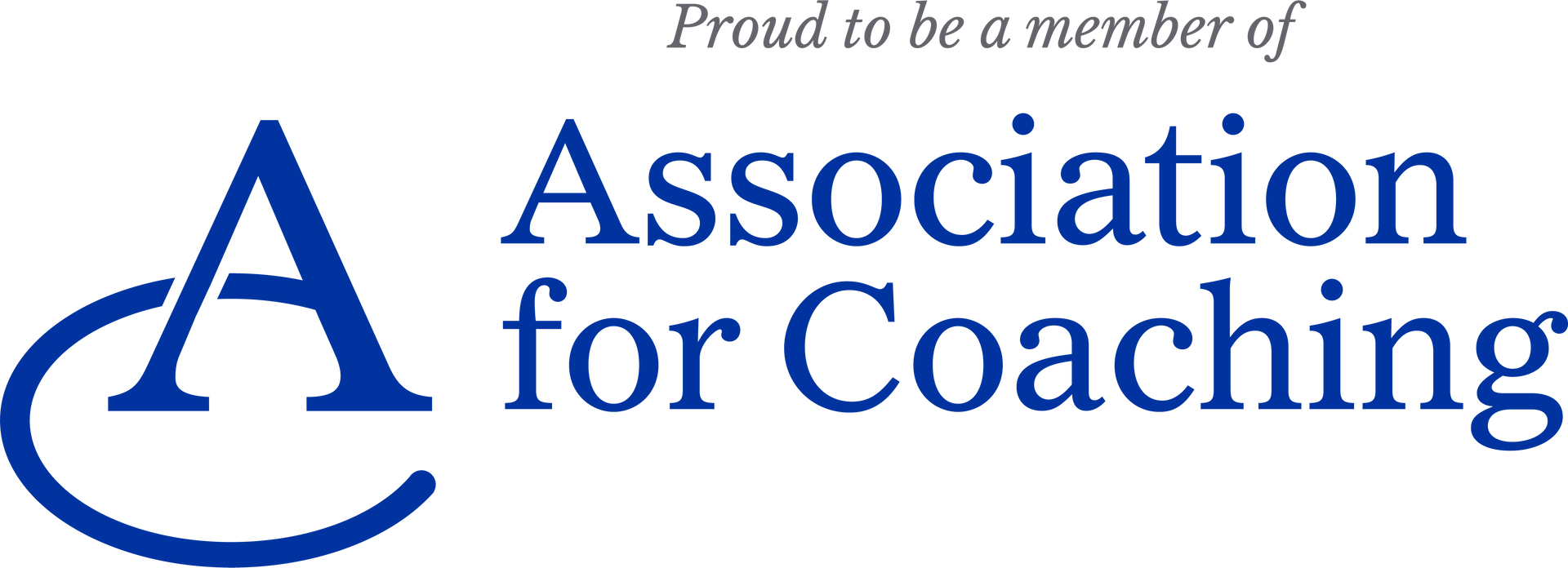Finding your way as a leader
Barbra Carlisle • June 13, 2025
Why Finding Your Style Matters More Than Ever

When I first stepped into a leadership role, I did what many of us do, I mirrored the leadership styles I had seen in action as a young professional.
I had seen Cathy Garner at the Housing Corporation back in the mid 90s invite me to a senior level meeting and me to reply "Why Cathy I don't have anything useful to say" and her saying "Barbra it is about being in the room. Come, it will not be a waste of your time". Brilliant advice.
I also sub consciously took in the directive leaders, the nice to face not quite so nice behind your back leaders and began to learn that leadership means different things to different people.
I also experienced leaders who manipulated and coerced me into positions that were simply not comfortable for a young female professional.
What I came to learn that I had to be naturally me as a leader. Yes I over share, yes I make light of things, yes I am a glass half full person. I worked on recognising when that style didn't bring the best out of the people around me and I flexed my style. Uncomfortable but definitely rewarding.
We all have it in our gift to ask "what kind of leader do I actually want to be?"
In today’s leadership landscape, especially in the charity and non-profit sector, authenticity isn’t just a nice-to-have — it’s essential. According to recent research from CIPD, only 26% of L&D leaders feel their organisations are truly receptive to their ideas. That disconnect often stems from leaders not feeling confident in their own voice, or unsure how to bring their full selves to the table. Or bringing their full selves without filters and being told they are too loud, too this or too that.
Why your leadership style matters
Your leadership style shapes how people experience you — and how they experience their work. When you lead in a way that aligns with your values and personality, you create psychological safety, trust, and clarity. When you lead in a way that feels performative or borrowed, it can create confusion or even mistrust. When you lead without any consideration of what it is like to be on the other side of you I am sorry to say you will fail. Because not everyone will work well with the natural you.
At Glee Coaching, I often work with new CEOs and senior leaders who are still figuring out what kind of leader they want to be. Some are navigating imposter syndrome. Others are trying to balance being approachable with being strategic. The truth is, there’s no one-size-fits-all model. But there is a way to lead that feels like you — and that’s where the real impact happens.
How to start finding your style
Observe, but don’t copy. Learn from others, but filter it through your own values and strengths.
Ask for feedback. Not just on performance, but on how people experience your leadership.
Try tools that build self-awareness. Programmes like Discover Your Leadership Voice (which I run monthly) help leaders understand their natural communication style and how to adapt it to others.
Reflect regularly. What’s working? What feels forced? What energises you?
Leadership isn’t about being the loudest voice in the room. It’s about being the clearest, most consistent version of yourself — and helping others do the same.
Get in touch if you want to chat about how you can find your own style of leadership that works for you and those around you.




